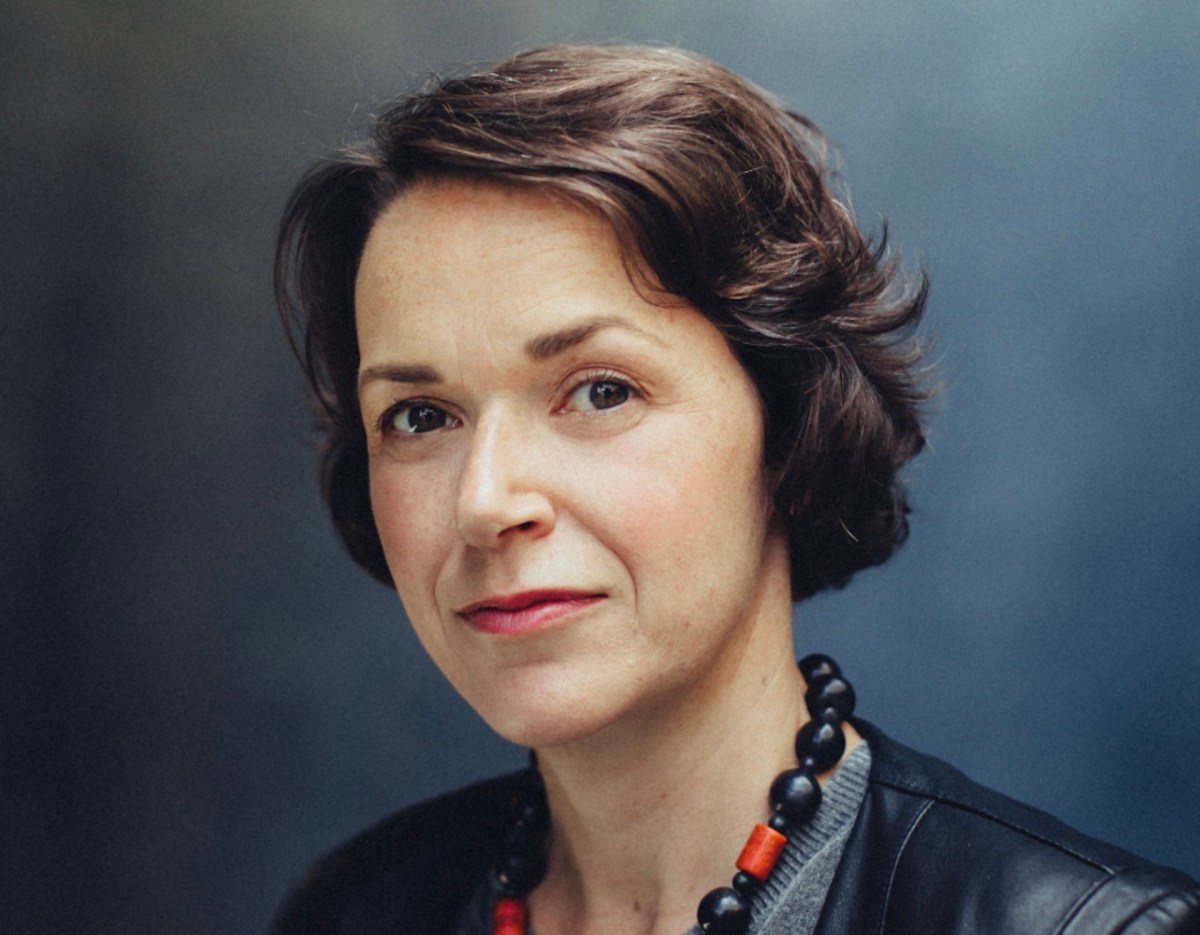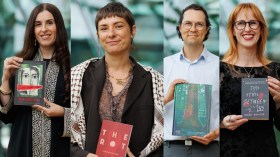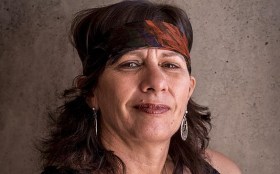New Zealand writer Wallace is the author of four collections of poems, including This Is a Story About Your Mother, published in 2023. She is the founder and editor of Starling, an online journal showcasing the work of young writers from Aotearoa New Zealand, and the editor of Ōrongohau | Best New Zealand Poems 2022.
Her debut novel Ash, published on 2 September, features the following blurb:






